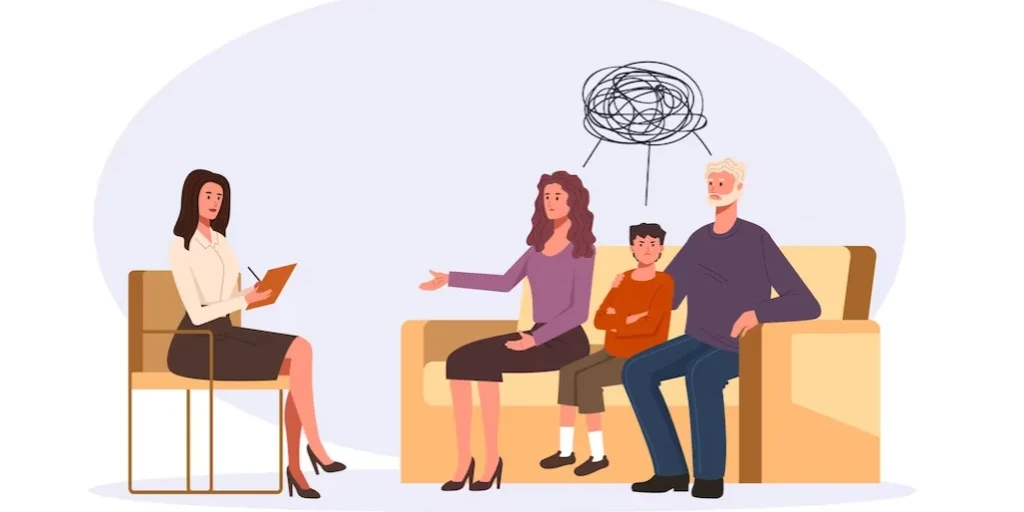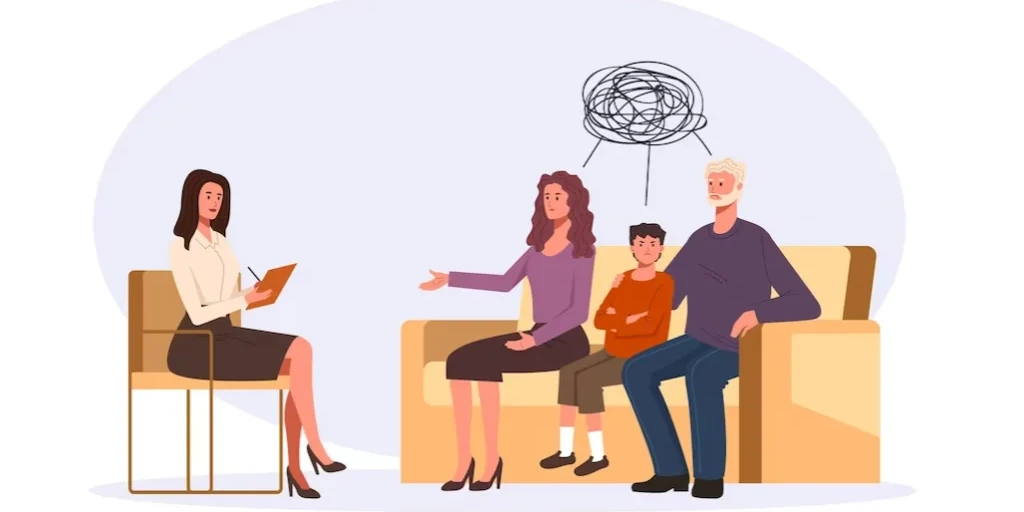24/7 Helpline:
(866) 899-111424/7 Helpline:
(866) 899-1114
Learn more about Bipolar Disorder Treatment centers in Cherokee County
Bipolar Disorder Treatment in Other Counties

Other Insurance Options

Cigna

Multiplan

BlueShield

Carleon

Ceridian

BlueCross

American Behavioral

Group Health Incorporated

Regence

Optima

State Farm
Beacon

Highmark

EmblemHealth

PHCS Network

Molina Healthcare

Choice Care Network

WellPoint

UMR

Meritain

LifeStream Behavioral Center – LAKE Academy – Access Center
LifeStream Behavioral Center - LAKE Academy/Access Center offers outpatient and inpatient services f...

LifeStream Behavioral Center
LifeStream Behavioral Center meets the behavioral healthcare needs of Lake and Sumter County residen...

LifeStream Behavioral Center – Hope & Recovery Center
LifeStream Behavioral Center - Hope & Recovery Center meets the behavioral healthcare needs of Lake ...

LifeStream Behavioral Center – FACT – YAFR
LifeStream Behavioral Center -- Florida Assertive Community Treatment -- Youth and Family Recovery P...

The Anchorage
The Anchorage is a men’s faith-based ministry and addiction treatment center located in Leesburg, Ge...

Cumberland Mountain Community Services – 196 Cumberland Road
Cumberland Mountain Community Services – 196 Cumberland Road is a public rehab located in Cedar Bluf...

North Spring Behavioral Health
North Spring Behavioral Health is an accredited behavioral health treatment center for children and ...

Cumberland Mountain Community Services
Cumberland Mountain Community Services is a public rehab located in Cedar Bluff, Virginia. Cumberlan...

Clinch Valley Treatment Center
Clinch Valley Treatment Center is a private rehab located in Cedar Bluff, Virginia. Clinch Valley Tr...

Recovery Center of Northern Virginia
Recovery Center of Northern Virginia offers a variety of services including outpatient, intervention...









Family Life Center
Family Life Center is a faith-based drug and alcohol rehab for adults in Centre, Alabama. They offer...

Cherokee County Alcoholism
Cherokee County Alcoholism–Substance Abuse Council, in Centre, Alabama, offers addiction recovery se...

CED Mental Health Center
CED Mental Health Center provides psychiatric care and addiction recovery services for youth and adu...

LifeStream Behavioral Center – AIMS
LifeStream Behavioral Center - AIMS meets the behavioral healthcare needs of Lake and Sumter County ...

AA – Alcoholics Anonymous – Citrus Boulevard
AA – Alcoholics Anonymous – Citrus Boulevard is a non-profit rehab located in Leesburg, Florida. AA ...

Inova Behavioral Health Outpatient
Inova Behavioral Health Outpatient is a drug and alcohol rehab located in Leesburg, VA. They provide...

















































